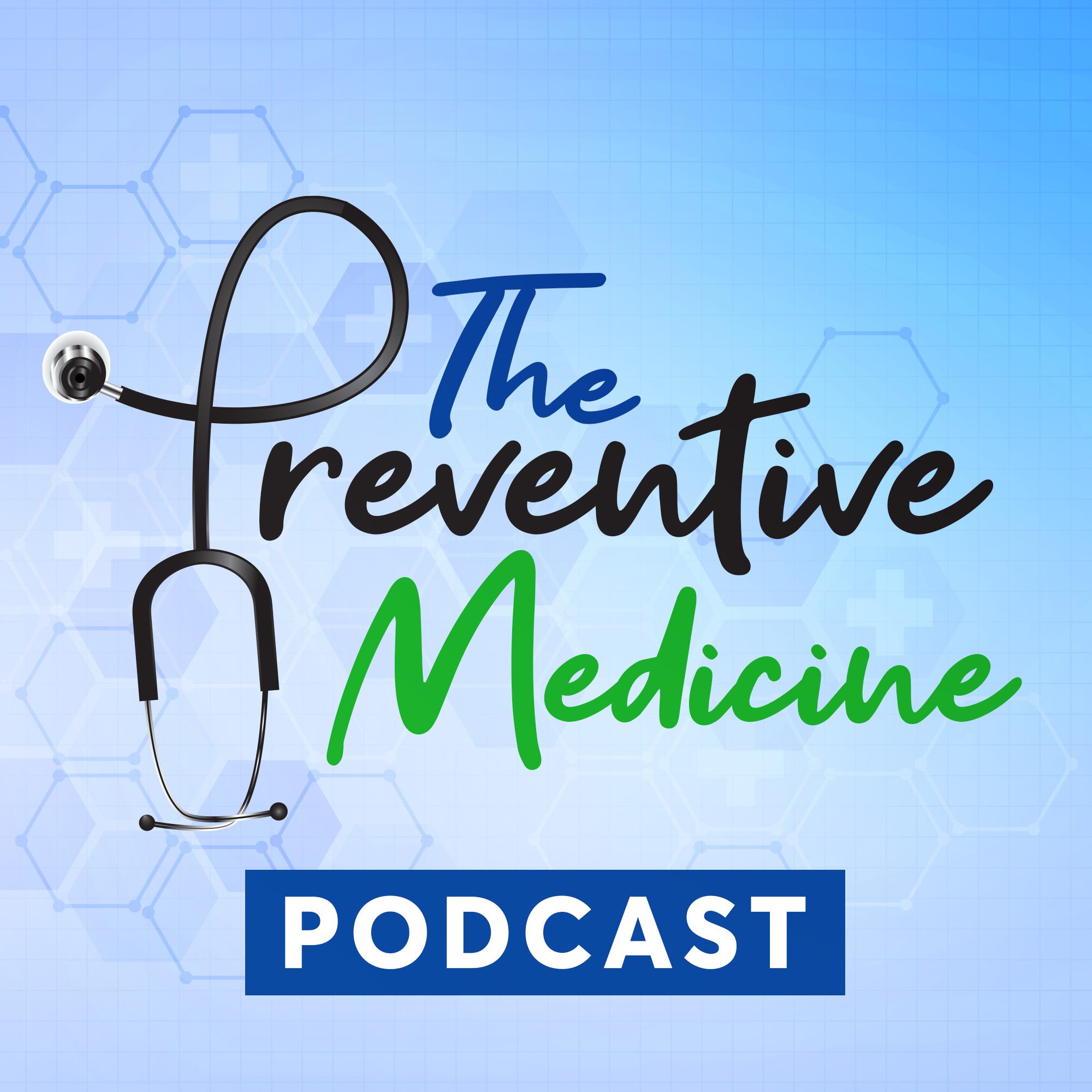
Alyssa Olenick, MS, CISSN, PhD(c)
The human metabolism is incredibly complex and the backbone of every activity we do. Whether it’s laying on the couch or running an ultra-marathon, our metabolism supports whatever activities we engage in. In this episode, we talk with Alyssa Olenick who is finishing up her PhD in metabolism and exercise about just that! Alyssa is our second repeat guest and the perfect person to talk about this topic given her background! Alyssa not only studies metabolism and exercise but puts her knowledge to the test everyday as an avid runner, lifter, and overall badass. Alyssa has competed in poewrlifting, weightlifting, marathons, and even ultramarathons making her the perfect person to understand the potency of the human metabolism.
In this episode we talk about what the metabolism is, what it means in the context of weight loss or weight gain, how people can properly support their metabolism, and the role of exercise in supporting the metabolism. We also dive into gender differences within the context of both exercise and metabolism which brings out some fantastic segments. This episode is full of energy and we hope you all enjoy it!
Alyssa's Social Media:
Show Notes
(1:00 – 4:30) – Introductions
Question 1: Has anything changed in our outlook on preventive medicine since the last time we spoke?
(4:30 – 30:10) – The Human Metabolism
Question 2: What is the metabolism, how does the metabolism relate to calories, and what do people mean when they say “I have a fast [or slow] metabolism?”
Question 3: What determines someone’s metabolic rate, what is the metabolic rate, and how does it relate to energy balance?
Question 4: Can you increase your metabolism? How do you do it?
(30:10 – 1:05:30) – How the Metabolism Differs Between People
Question 5: is there a relationship between the metabolism and being obese or being fit? Do obese people just have a slower metabolism than fit people?
Question 6: Are there any gender differences between males and females in how the metabolic rate is determined and are there controllable factors such as diet or exercise that should be approached differently due to these differences?
Question 7: Why are carbohydrates important for exercise and how do you know how many to eat?
(1:05:30 – 1:09:15) – Wrapping it Up
Question 8: What do you tell people that ask you “How do you get healthy” if you have 2 minutes to answer while you’re waiting for your coffee?
Join our Mailing List HERE:
Podcast: Play in new window | Download (Duration: 1:09:11 — 95.0MB)
Subscribe: Apple Podcasts | Spotify | Stitcher | RSS | Subscribe here on any platform!
